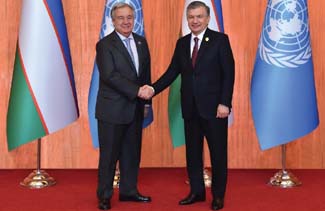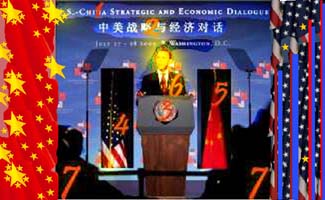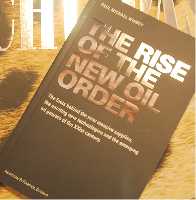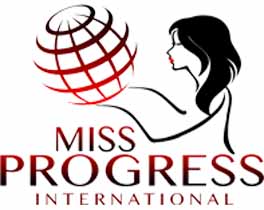
Initiatives of a New Uzbekistan
Uzbekistan was among 28 countries invited to join the Facilitation Council of the Access to COVID-19 Tools Accelerator Initiative.
This new mechanism of cooperation is to accelerate the development, production and equitable distribution of diagnostic and treatment tools, as well as vaccines against COVID-19.
Its main message is “No one is safe until everyone is safe.”
The initiative of the President of Uzbekistan Shavkat Mirziyoyev on the adoption under the auspices of the UN of an international code of voluntary obligations of states during a pandemic is relevant supportive of the world community and his speech will be explained in length at a press conference in Geneva on September 23 at 17h at the Swiss Press Club.
UN Secretary General António Guterres has warned of a “global food emergency” stemming from growing poverty and the coronavirus pandemic.
The initiative was first announced during the Global Summit of the International Labor Organization on COVID-19 and the World of Work this July.
Following the 73rd session of the WHO’s World Health Assembly in May 2020 a resolution was adopted that calls for an intensified response to the pandemic and to ensure universal and equitable access to all critical health technologies and products, that are required in the response to the COVID-19.
In addition, the Director General of the World Health Organization, Dr. Tedros Adhanom Ghebreyesus, said: “The COVID-19 pandemic has robbed us of lives and livelihoods; it’s shaken the foundations of our world; it threatens to tear at the fabric of international cooperation. But it’s also reminded us that for all our differences, we are one human race, and we are stronger together. “
Uzbekistan will spell out the minimum conditions and obligations of countries, both to their citizens and international partners, in the political, socio-economic, foreign trade, humanitarian, human rights and other spheres.
COVID-19 restrictive measures should be temporary in nature and proportional to the risks, while guaranteeing the rights and freedoms of citizens, without interfering with international trade, especially in trade with vital goods and medical products, and intensifying work to support socially vulnerable segments of the population.





